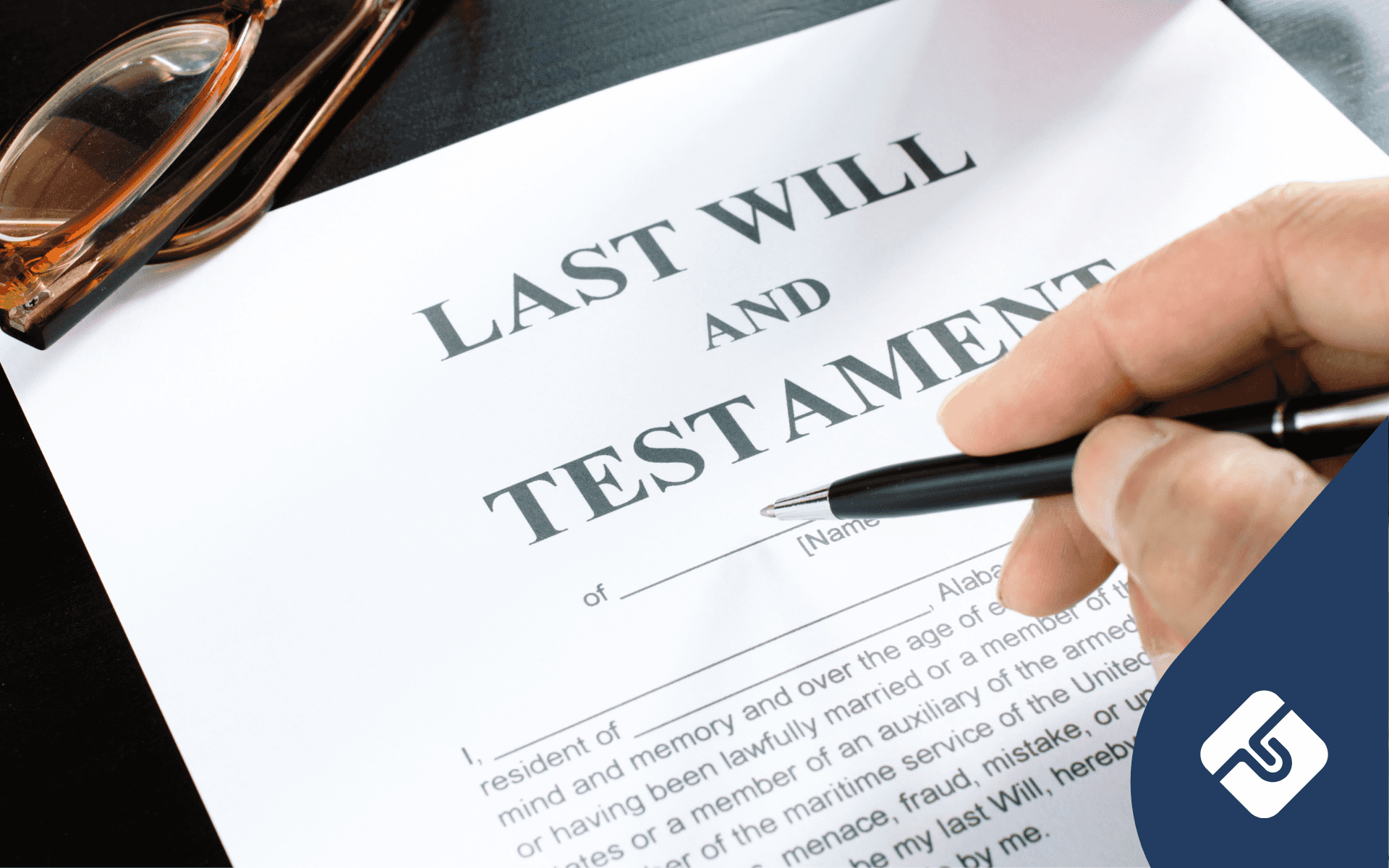Sydney-based lawyer. Formerly Legal Intern at Lawpath.
Setting your affairs in order through estate planning is important. This is because it ensures your assets are distributed in a manner consistent with your expectations. Two common methods of estate planning involve the creation of wills and use of a testamentary trust. This article will explore some of the key differences between wills And testamentary trusts.
What is a Will?
A will is a legal document that details an individual’s wishes surrounding the distribution of assets. There are two main kinds of wills: a living will (which provides instructions should you become incapacitated) and a last will (instructions as to what your beneficiaries receive after you die).

Make your wishes known in a matter of minutes.
Complete, customise and download your will for free.
Get startedExecuting a will
When the person who has written the will (testator) dies, the nominated executor is given the task of distributing their assets. This party has the following duties;
- Notify the beneficiaries
- Manage assets making up the estate to prevent their loss
- Value the assets making up the estate
- Resolve tax issues regarding the estate
- Obtain authority to administer the estate
- Settle any debts
- Establish trusts
- Divide the estate between beneficiaries in accordance with the testator’s instructions
It is possible to challenge a will on a number of grounds. In addition, will assets are generally not immune to divorce claims or credit claims in bankruptcy once executed.
What is a Testamentary Trust?
Wills And testamentary trusts have a unique relationship. A testamentary trust is incorporated into a will. It comes into effect only when the will-maker passes away. It does not exist perpetually and is capped at 80 years. By including a testamentary trust, the will-maker may decide to place all or only some of their assets into the trust structure. Alternatively, they may leave this discretion to the executor of the will. When the will-maker passes away, control of assets subject to the testamentary trust passes to a nominated third-party trustee. This trustee generally has the discretion to decide which beneficiaries receive income from the trust each financial year. Commonly, these beneficiaries are family members or close friends.
There are two main types of testamentary trusts. These are;
- Discretionary testamentary trusts – Beneficiary chooses how much of their inheritance to take on trust. The beneficiary also can appoint the trustee to manage the trust.
- Protective testamentary trust – Beneficiary must take their inheritance on trust. In addition, they do not have powers over the trustee.
Key Implications Of Using A Testamentary Trust
There are a number of key implications when utilising a testamentary trust. These primarily relate to the fact that using a testamentary trust means assets are property of the trust, not the beneficiaries themselves. The implications involve;
- Tax benefits
- Relationship breakdown
- Bankruptcy protection
- Operational costs
Tax benefits
The trustee possesses the discretion to distribute income accruing from assets held within the testamentary trust. In effect, the trustee can, therefore, distribute income in a manner that minimizes tax payments. This is of merit where primary beneficiaries are already on high incomes. When this is the case, the trustee can reduce the amount of tax paid by distributing income to beneficiaries on lower incomes, such as the children of the will-maker, their spouses, or grandchildren. Notably, trustees must be careful when distributing income to children under 18 as it will be taxed at the highest marginal tax rate. Generally, beneficiaries may pay less tax with effective distribution from a trust than without. For more information on tax implications and estate planning, visit the ATO website.
Relationship breakdown
Where there is relationship breakdown, a testamentary trust may protect assets from family law claims. The beneficiary does not own or control the assets making up the trust. This means that the beneficiary’s ex-spouse cannot assert a claim to trust property in property settlement claims. This contrasts cases where a testamentary trust is not used in wills. In this case, executors distribute assets directly to beneficiaries. This means the inheritance becomes the beneficiary’s property, and it may be claimed as part of a property settlement. That being said, where inheritance is paid and separation occurs shortly after, the Family Court commonly isolates the estate from other property being settled.
Bankruptcy protection
Beneficiaries do not legally own trust assets. As a result, they cannot use trust assets to pay creditors in bankruptcy. This may be of benefit if beneficiaries work in a profession where the risk of bankruptcy is high. Alternatively, it may be effective in protecting will-maker intentions if beneficiaries have demonstrated financial irresponsibility. In these cases, putting a third party in charge of your assets certainly has its merits.
Operational costs
For the most part, costs associated with setting up a will end once the will has been executed. In contrast, costs associated with setting up and more importantly, operating a testamentary trust each year are likely to be higher. It is important to weigh these costs against the potential tax savings the testamentary trust structure provides.
Key Takeaways
- Using a testamentary trust in your will may have numerous benefits.
- It is important to weigh the costs of running a trust against the financial benefits.
- Always consult an experienced estate planning lawyer when sorting out your financial interests or if you want to learn more about wills And testamentary trusts.






